FROM THE PASTOR’S DESK
Dear St. Mary’s Parishioners:
As we remember our own fathers on Father’s Day, Sunday, June 20th, it is an appropriate time to reflect on the nature of fatherhood in our country and what the Catholic Church teaches about fatherhood. First of all, it is clear that there is a crisis of fatherhood in our country. Plug “fatherhood in the United States” into a search engine and you will learn that a quarter of U.S. families live without a father. Also, you will learn that the number of children living with two parents has decreased from 88% in 1960 to 69% in 2016. While 9% of children lived with one parent in the 1960’s, that number has jumped to 28% in the present. In the U.S., 83% of single parents are mothers. While the number of single fathers has risen to 16% of all households, a quarter of all children in the U.S. live without a father in the home. To be sure, the situations behind the numbers are all different. Many single fathers and mothers heroically provide for their children and make amazing sacrifices to raise their children to be responsible, beautiful, holy individuals. Clearly, many children of single parents are loved immensely and raised responsibly by their parents. Still, it is clear that a father and a mother is important and that the ideal is that a household have both.
The Catechism of the Catholic Church has something to say about fatherhood and motherhood, of course. One of the sections where parenting is touched upon is in the section on the Fourth Commandment, “Honor your father and your mother,” paragraphs 2196 to 2246. I urge all fathers and mothers, and those who aspire to be fathers and mothers, to review these paragraphs. What I have always found interesting is that the Catechism not only explains the Christian duties of parents and children, but also clarifies that the Fourth Commandment “enjoins us to honor all who for our good have received authority from God”. (par. 2234) In other words, not only are fathers important, but also fatherland important.
In a December 2020 article in First Things, entitled “The Fury of Fatherless,” Mary Eberstadt examined a number of statistics and came to some conclusions. While one may disagree with some of her points, it is hard to disagree that there is a crisis in our country when it comes to filial attachment. Eberstadt calls this a three-fold crisis of filial attachment. First, many young adults lack the presence of a real father in their lives. Second, they are detached from the Father in heaven, that is, they have no faith in God and do not practice a religion. Third, they lack a connection to their fatherland. Indeed, they not only lack patriotism, but also manifest a distrust of “both political and non-political institutions (the military, the police, organized religion, the media)”. Ms. Eberstadt summarized:
What is happening to America is an excruciatingly painful truth that life without father, Father, and filial piety toward country are not the socially neutral options that contemporary liberalism holds them to be. The sinkhole into which all three have collapsed is now a public hazard. The threefold crisis of paternity is depriving many young people—especially young men—of reasons to live as rational and productive citizens. As the Catholic theologian Deborah Savage put it recently, reflecting on America’s youth: “They have been left alone in a cosmos with nothing to guide them, not even a firm grasp of what constitutes their basic humanity, and no means of finding the way home.” (Mary Eberstadt, “The Fury of the Fatherless,” First Things, December 2020)
“Left alone....with no means of finding the way home.”
How do we find a way home? The Solemnities of last weekend and this weekend remind us where our true homeland is and how to make our way there. The Holy Trinity---Father, Son and Holy Spirit---is always inviting us to share in the love that is lived between the Divine Persons. God loves us immensely and wants us to share in His life! And, one of the main ways that we Catholics share in God’s life is to faithfully receive His Body and Blood in Holy Communion during Mass. To faithfully receive Him, means that we are well-disposed to receive Him. Thus, if we need to bring something to Him in the Sacrament of Confession for His pardon, we do so. That is how we find our way home! Faithfulness to God, frequent Confession and regular reception of the Body and Blood of Jesus.
Blessed Solemnity of Corpus Christi!
In the Father, Son and Holy Spirit,
Fr. Berg
